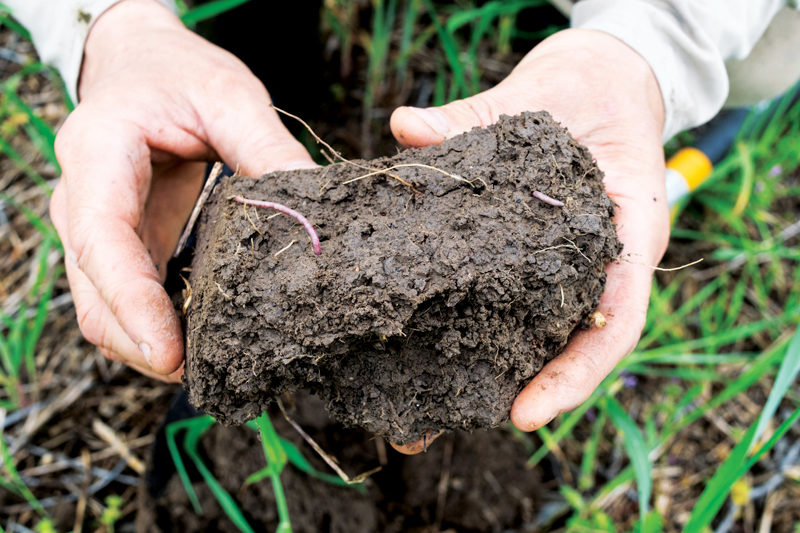No-Till Farmer
Get full access NOW to the most comprehensive, powerful and easy-to-use online resource for no-tillage practices. Just one good idea will pay for your subscription hundreds of times over.


If you've ever been to a meeting that requires a quorum — a minimum number of representatives attending in order to make a decision, you’re on the way to understanding “quorum sensing” as it relates to soil health.
In the soil microbial world, quorum sensing refers to density-dependent, collaborative behavior — in other words, microbes are going to get their act together and make a collective decision, like fix nitrogen for a plant, when there’s enough of them.
“When there’s not enough to form a quorum, nothing happens. When there are enough to form a quorum, microbes are able to change the expression of genes in their own populations as well as in plants, animals and humans,” says Australian soils ecologist Christine Jones, during a presentation at the 2019 No-Till on the Plains Winter Conference in Wichita, Kan.
Jones has been studying quorum sensing in the soil microbiome, a process that enables multi-species crops and pastures to function more effectively than monocultures. She believes quorum sensing will become key to harnessing the power of microbes to produce more nutrient-dense food and improve water retention in soils, making them more resilient and productive.